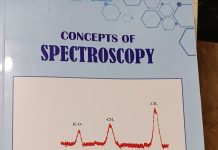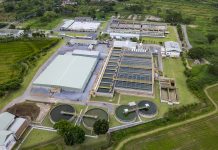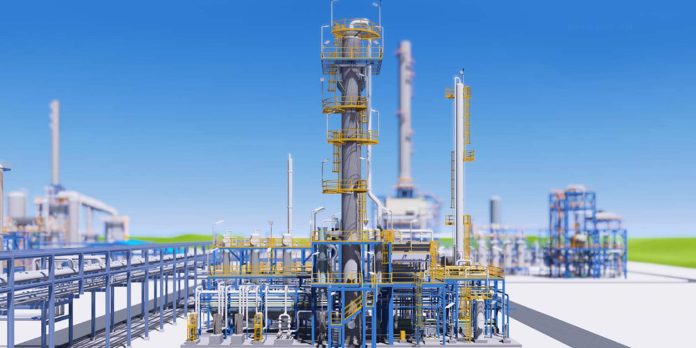Honeywell and Repsol announced collaboration to create new production pathways for biofuels and circular materials. The two will also explore the possible integration of these methods into Repsol’s existing facilities.
The companies plan to scale and commercialize Honeywell’s technologies, which use various wastes like fats, oils, greases, biomass and solids for chemical production and renewable fuels at Repsol’s refineries.
The goal is to produce different biofuels, including sustainable aviation fuel (SAF) and renewable diesel, while making use of existing refinery assets. The collaboration supports the alignment of Honeywell’s portfolio with the energy transition megatrend.
“As a global leader in sustainable fuel technologies, we seek collaborations to provide innovative solutions that help our customers and stakeholders to reduce carbon and greenhouse gas emissions through biofuel production,” said Bryan Glover, Chief Growth Officer and CTO of Honeywell Energy and Sustainability Solutions.
Glover added, “Our collaboration with Repsol illustrates how Honeywell can apply new technologies to reduce carbon emissions while producing biofuels and advanced materials leveraging current refinery infrastructure”.
As per the press release, the multi-energy company is also analyzing the deployment of Honeywell’s UpCycle Process Technology, which turns waste plastic into Honeywell recycled polymer feedstock for new plastics. It can recycle diverse plastics like coloured, flexible, multi-layered packaging and polystyrene.
































